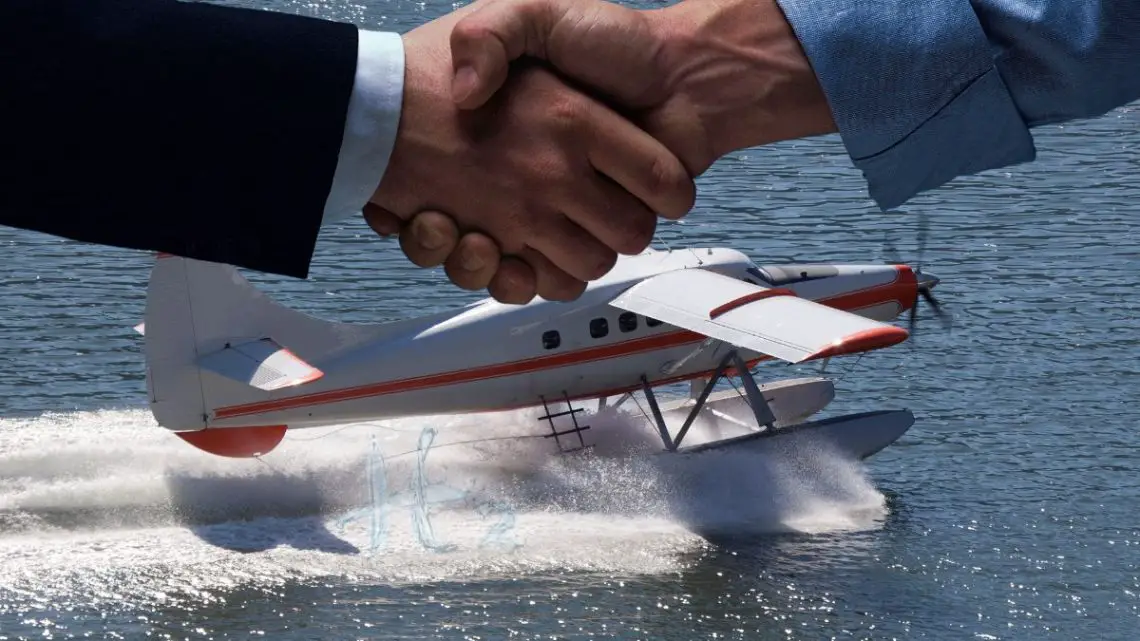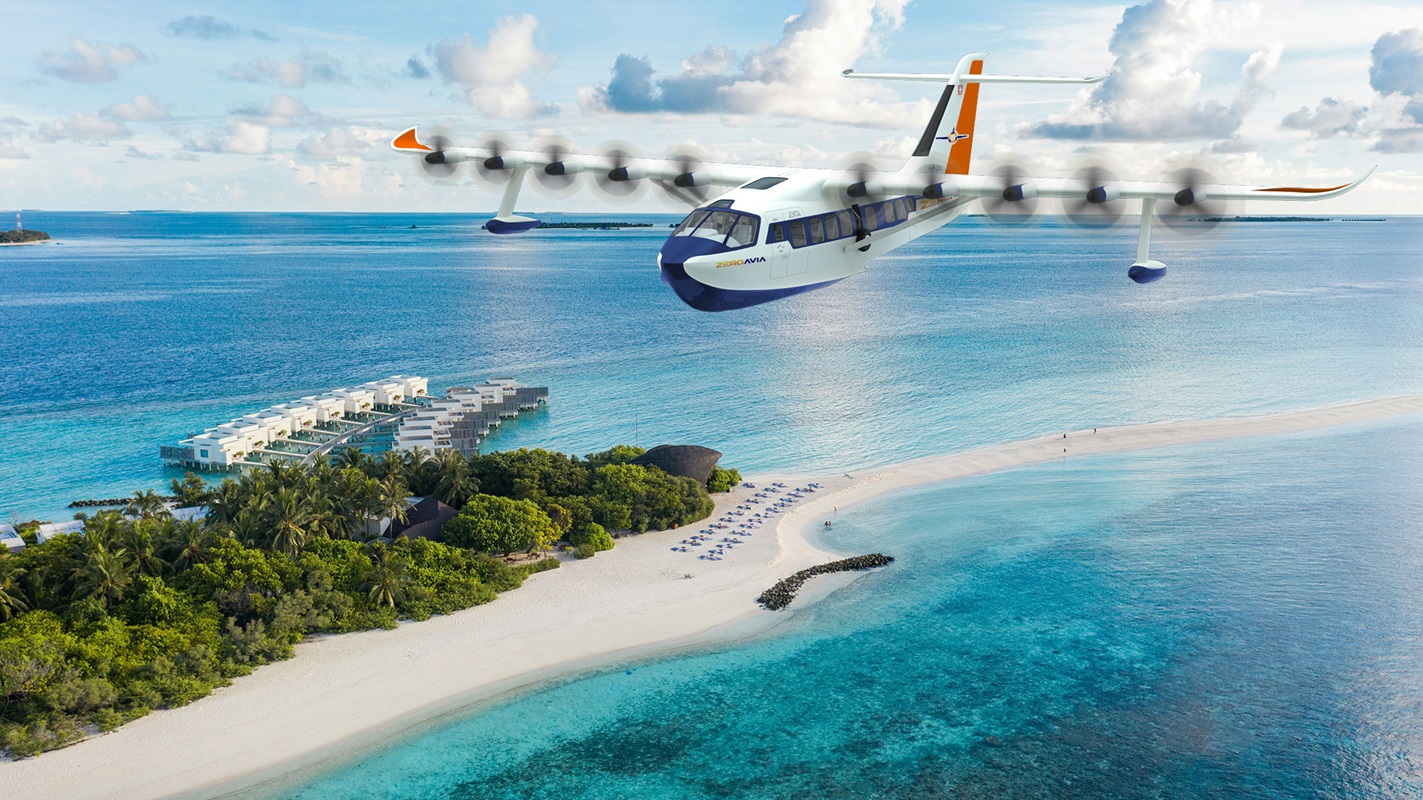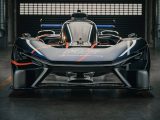
H2 amphibious aircraft could take flight with new JEKTA and ZeroAvia partnership
July 26, 2024ZeroAvia to provide fuel cell PGS tech to JEKTA aircraft.
The Switzerland-based developer of the PHA-ZE 100 amphibious aircraft, JEKTA, has chosen ZeroAvia as its partner to determine the potential of an H2 amphibious aircraft. As part of the new deal between the two companies, ZeroAvia, a British/American hydrogen-electric aircraft developer will provide its fuel cell power generation system (PGS) technology to JEKTA’s electric amphibious flying boat design.
JEKTA is exploring all potential zero-emission aircraft options.
Battery technology is continually evolving and JEKTA is open to trying different types of technology. The company’s aim is to explore any potential zero-emissions options that can increase the rage and payload of its aircraft.
As for the H2 amphibious aircraft partnership, the main goal is to demonstrate the concept of a fuel cell variant of JEKTA’s electric PHA-ZE 100, with a view to line-fit of the system as the aircraft variant comes to market.
It’s expected that when equipped with ZeroAvia’s fuel cell PGS tech, the PHA-ZE 100 will reach a range of up to 500 or 600 kilometers (310.6 or 372.8 miles). As for the payload, this is expected to be increased by up to one ton, which will add additional capability to the airframe.
The H2 amphibious aircraft is expected to have lower operating and maintenance costs.
Using the fuel cell system, the operating and maintenance costs of the amphibious plane can be decreased. Moreover, the hydrogen fuel system is expected to support a life of up to 20,000 hours.
JEKTA and ZeroAvia plan to work together closely to develop and certify an integrated power generation system. This PGS will include various electronic components, including inverters, as a well as a fuel system and hydrogen tank.

Concept image of hydrogen-electric amphibious aircraft with JEKTA and ZeroAvia livery – Image Source: ZeroAvia
Commenting on the recent H2 amphibious aircraft partnership with ZeroAvia, JEKTA Switzerland CEO George Alafinov said that the H2 system “delivers a viable alternative to electric battery power”, promising a significant increase in the PHA-ZE 100 range. This increase in range will be suitable to operators that run longer regional routes, while the battery power option is better suited to shorter-range operations, especially in locations where electric power is readily accessible and cost-effective.
With the right fuel cells system, JEKTA can offer “potential operator clients the choice of two fuel sources,” Alafinov explained.
Other projects ZeroAvia is doing
 It seems these days ZeroAvia has many partnerships on the go in its efforts to make its hydrogen-electric powertrain (ZA600) a reality for commercial aviation. In addition to this most recent H2 amphibious aircraft partnership it has forged with JEKTA, the company has also struck deals this past month with American Airlines and Ryze.
It seems these days ZeroAvia has many partnerships on the go in its efforts to make its hydrogen-electric powertrain (ZA600) a reality for commercial aviation. In addition to this most recent H2 amphibious aircraft partnership it has forged with JEKTA, the company has also struck deals this past month with American Airlines and Ryze.
American Airlines has a conditional purchase commitment agreement with ZeroAvia to purchase 100 engines, and Ryze will supply hydrogen fuel to ZeroAvia to be used in aircraft engine and flight testing.



 With over 15 years of reporting hydrogen news, we are your premier source for the latest updates and insights in hydrogen and renewable energy.
With over 15 years of reporting hydrogen news, we are your premier source for the latest updates and insights in hydrogen and renewable energy.